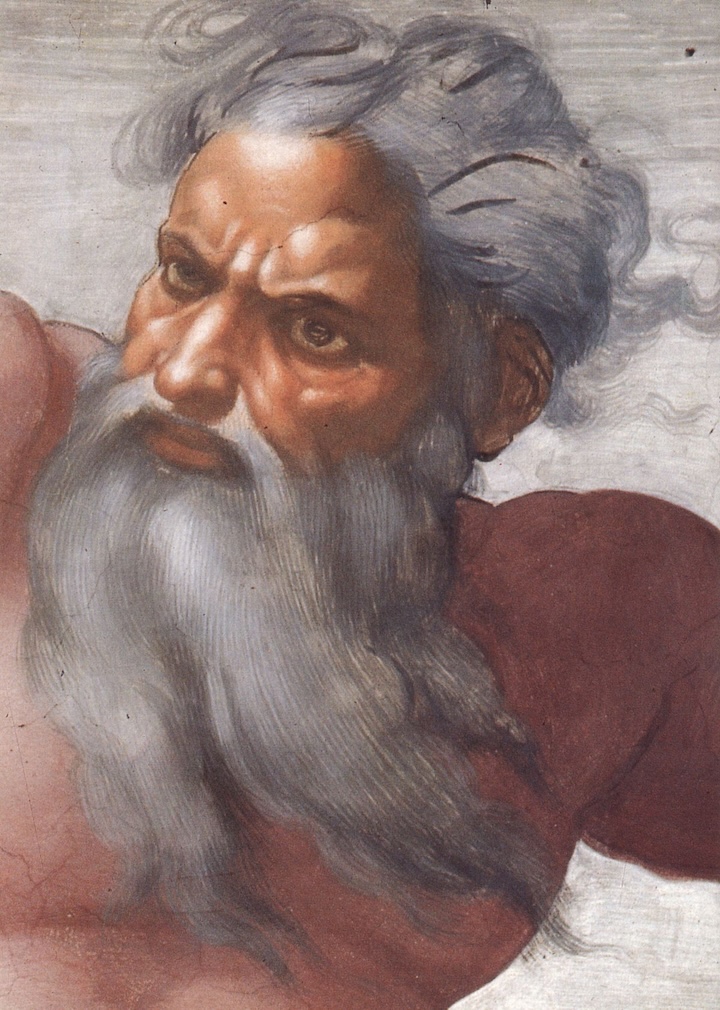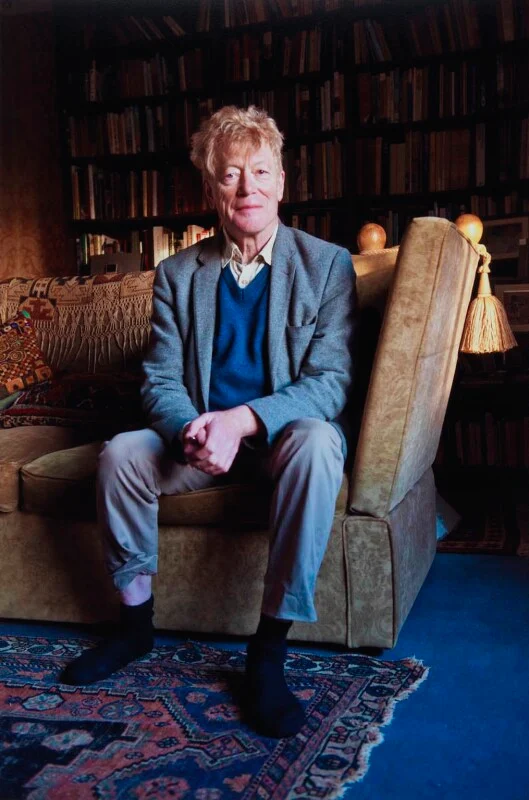As we get older, the temptation to be dissatisfied with our lives can grow. A fear of aging, along with memories of past failures and mistakes, can obscure the good in the world around us. A culture of consumption, distractions, and anesthetics, which is what we’ve created, feeds on that restlessness and profits from the anxiety that so often animates our desires. In the process, it steals something uniquely human from us. It reduces us to a bundle of material appetites. And it resents anything transcendent because questions about meaning threaten the machinery of wanting and possessing more.
This is one of the reasons why beauty – real beauty – can seem so diminished in our daily lives. Real beauty draws us up and out of ourselves; it connects us to realities that can’t be commodified. It re-sacralizes the world, even if only for a moment. And in doing that, it indicts the vulgarity, cynicism, and disorder that constitute so much of contemporary life.
But we’re better than our base appetites. We deserve something more than commercialized, materialist junk. And the reason why is simple: As the philosopher Roger Scruton wrote in his book The Face of God, “the [human] face shines in the world of objects with a light that is not of this world – the light of subjectivity.”
Today’s social sciences tend to reduce individuals to data points and the human experience to patterns of behavior. And of course it’s true that we humans are animated carbon, just like every other animal. We have instincts and we reproduce more or less like every other animal. But we’re not like any other animal. We’re uniquely conscious of both our individuality and our mortality. Which explains both our fear of loneliness and our need for meaning. We’re the only species that buries and reveres its dead. It’s in our nature to want more than this life can give; to sense that something more and higher might be possible.
Again, in The Face of God, Scruton wrote:
Take away religion, [take away] philosophy, take away the higher aims of art, and you deprive ordinary people of the ways they can represent their apartness. Human nature, once something to live up to, becomes something to live down to instead. Biological reductionism nurtures this “living down,” which is why people so readily fall for it. It makes cynicism respectable and degeneracy chic. It abolishes our kind, and with it, our kindness.
Beauty, in contrast, is an affirmation of our shared human dignity. It reminds us of the goodness of life in an age of transgressive narcissism and repudiation of the past. This is why, in the Catholic tradition, hostility to high culture; to excellence and precision in the life of the mind; and more recently and narrowly to the traditional Latin Mass, can seem so strange.

I grew up with the old form of the Mass. I have no desire to go back to it. It could often be mechanical and uninspiring, and the liturgical reforms of the Second Vatican Council were overdue and necessary. When done well, they produce a form of worship that’s both reverent and profound.
But what the old Mass did have, when a priest celebrated it with humility and conviction, was a tactile beauty that appealed to all the senses, especially sight, sound, and smell. And in doing that, it communicated, vividly, the mystery of an invisible reality — a God radically holy, a God radically “other than” us, but at the same time intimate, loving, and incarnate in our humanity.
People leave the Catholic Church and the wider Christian community today for many different reasons. But one of those reasons is the unconvincing, bourgeois mediocrity that can be too common in our worship – which then infects the whole atmosphere of Christian life.
My point is simply this: Ugliness kills the spirit and explains the impulse for desecration that infects so much of modern “art.” Ugliness dumbs down the imagination, softens the brain, and hardens the heart. People of faith have a hunger for beauty and mystery and belonging to a story; the story of a living, believing community, ongoing and true across cultures and time. And they’re too often not getting that in their local churches.
In his book Beauty: A Very Short Introduction, Scruton wrote that:
Our need for beauty is not something that we could lack and still be fulfilled as people. It is a need arising from our metaphysical condition, as free individuals seeking our place in a shared and public world. We can wander through this world, alienated, resentful, full of suspicion and distrust. Or we can find our home here, coming to rest in harmony with others and with ourselves. The experience of beauty guides us along this second path: It tells us that we are at home in the world, that the world is already ordered in our perception as a place fit for the lives of beings like us. But beings like us. . .become at home in the world only by acknowledging our “fallen” condition. . . .Hence the experience of beauty also points us beyond this world to a “kingdom of ends” in which our immortal longings and our desire for perfection are finally answered.
This is why a hunger for beauty and the religious frame of mind are so closely related and so vital for human flourishing. They both flow from a humble sense of human imperfection while reaching for the transcendent. For better or worse, it’s also why so many young families seek out the beauty and mystery of the old Latin Mass.
We need beauty to ennoble our imagination, to guide our scientific intuitions, and to poke through the blather and venom of “wokeness.” We need it to see reality clearly. We need beauty because it keeps us human. Beauty tells us that despite our sins and failures, Creation is good. And behind it is a Creator who loves us.

__________
You may also enjoy:
Gerard Manley Hopkins, S.J. To What Serves Mortal Beauty
James Patrick Reid Beauty and Providence















